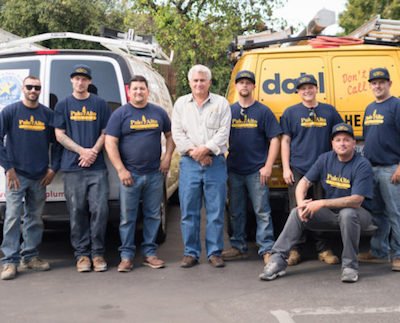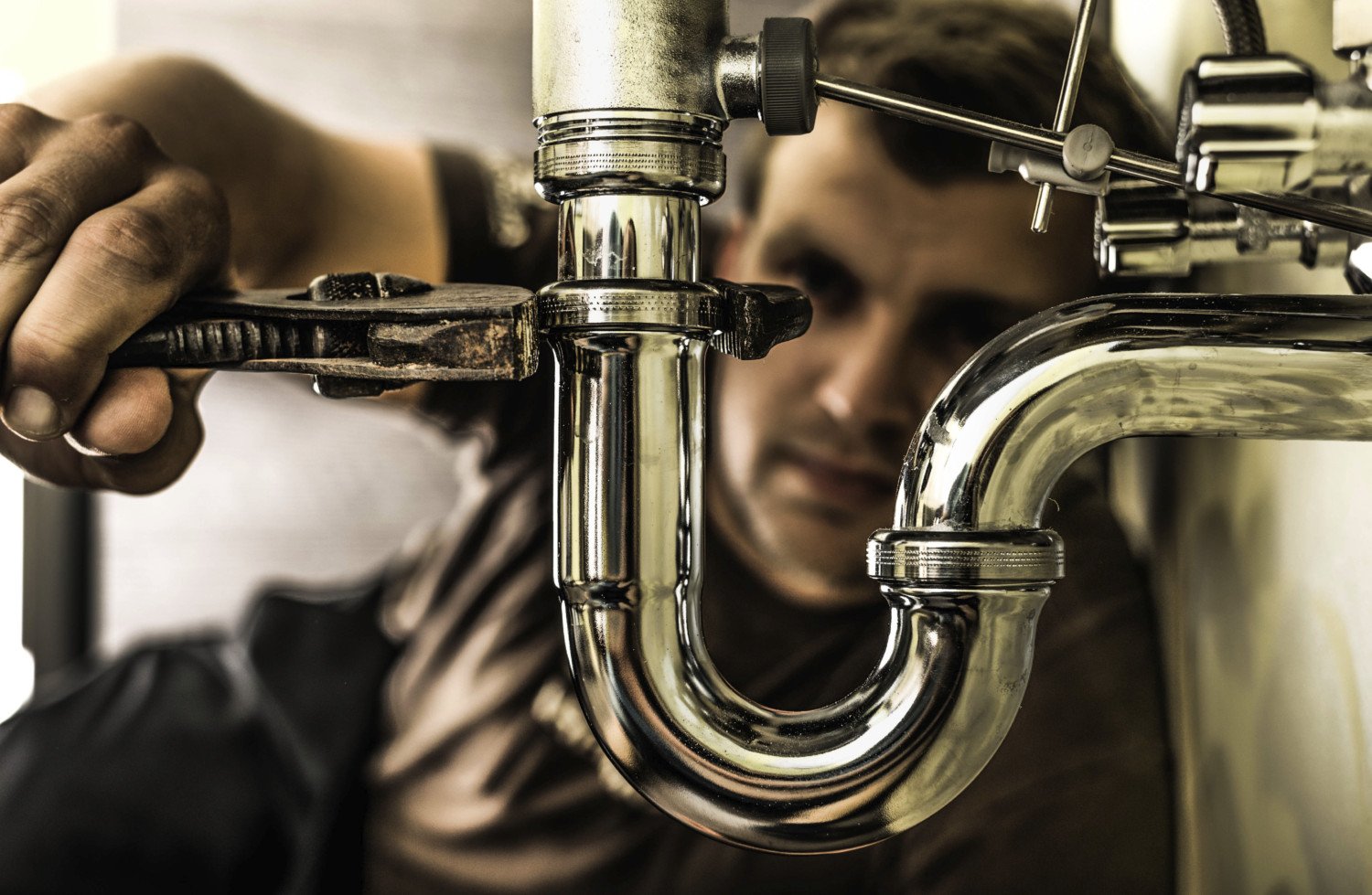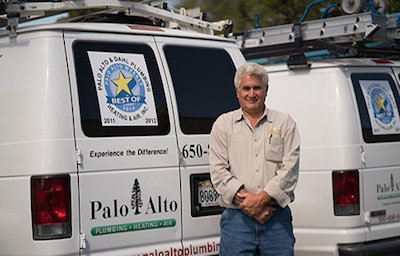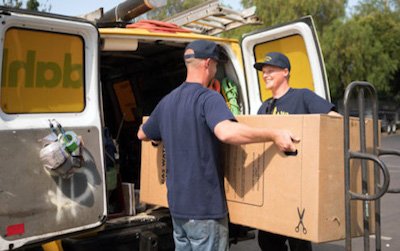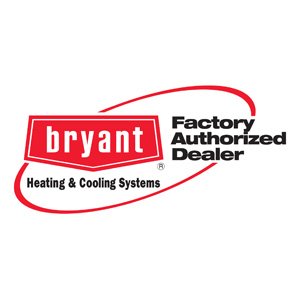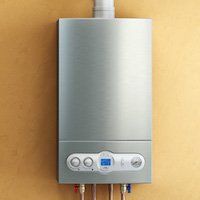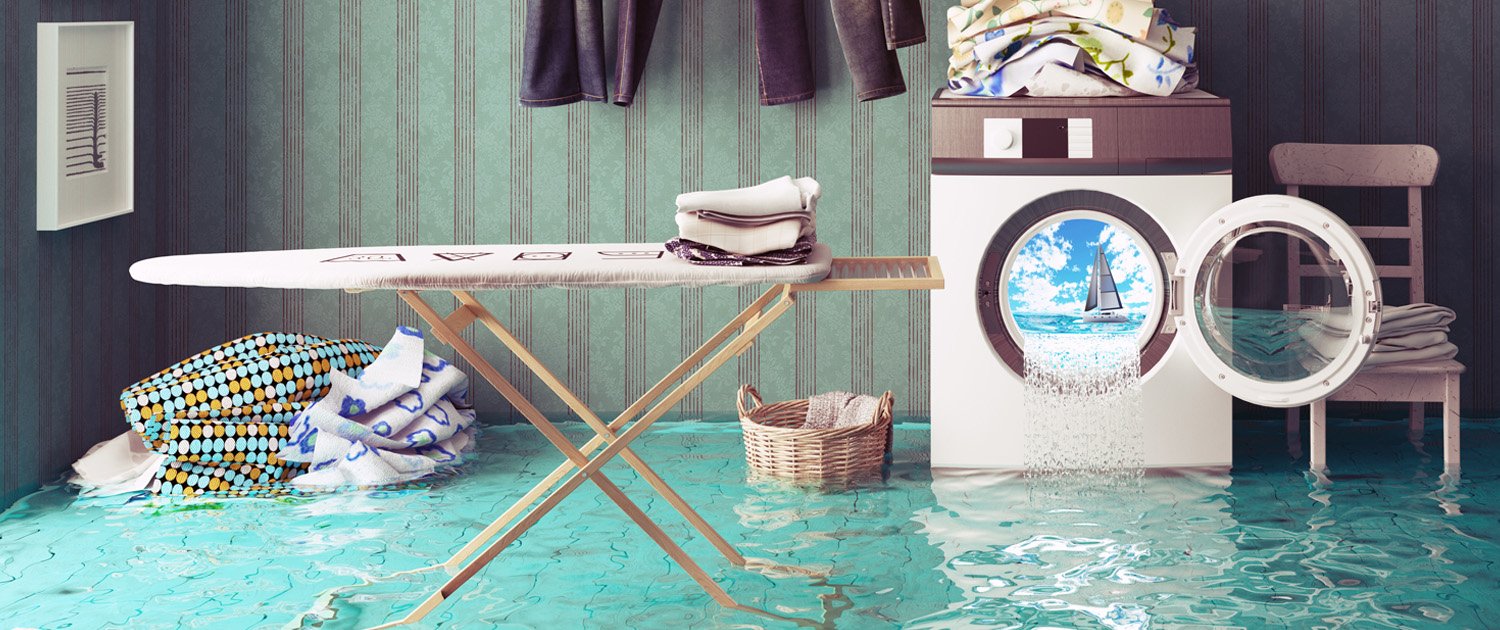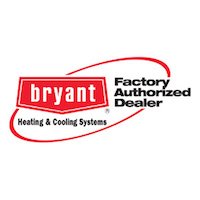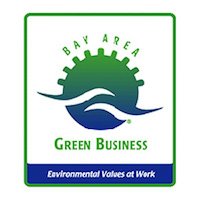Your HVAC Maintenance Checklist
It’s critical to take care of HVAC maintenance before the cold season so that your home is prepared for chilly, sweater weather. The importance of prevention really can’t be emphasized enough. Ideally, this home maintenance should be done on a regular basis to cut back on the need for expensive HVAC repairs in the future. It’s also important for your comfort and health!
In this blog post we’re going to share with you some things you need to keep an eye on when it comes to HVAC maintenance, as well as how a specialist can help.
Essential HVAC Maintenance
Even if your heating and cooling systems seem to be working just fine, they may not be as efficient as they could be. A yearly tune-up will ensure that your heating and cooling systems are working at their optimal efficiency levels; this can help you save money on your monthly electric bill too. A professional HVAC tune-up will also identify any issues with things like airflow or faulty parts.
Is Your Heater Ready?
The first step to making sure your home is comfortable during the coming cold season is to make sure your heating system is running effectively. This, of course, requires routine HVAC maintenance, like making sure the blower motor is working right.
If you have a gas furnace, the exhaust flue needs to be checked to verify that it’s clear as well. This is because carbon monoxide is a serious threat to our homes, but an HVAC specialist can help keep your household safe. If the exhaust flue becomes blocked, carbon monoxide can build up inside your house.
What is Carbon Monoxide?
Carbon monoxide is a deadly gas that is colorless and odorless. It’s created by the burning of fuel, such as leaving a car idling in a garage. It’s so dangerous to breathe in CO because it actually displaces oxygen in your blood. This can cause both short-term and long-term health effects, and even result in death.
Replace Air Filters
Air filters are typically replaced every three months (90 days), or as recommended by the manufacturer. A dirty filter that’s full of trapped dust and allergens obviously won’t be as efficient, and can actually increase your monthly energy costs. It’s also not great for your health, so be sure to change air filters regularly to remove dust, pollen, pet dander, and other allergens from the air that circulates through your home.
Clean AC Condenser Coils
Do you have an air conditioner? Have your AC condenser coils cleaned at least once a year. Dirty, clogged coils can decrease the efficiency of your HVAC system and lead to expensive AC repair work. Also, be sure to remove debris around an outdoor air conditioning unit, such as grass clippings or leaves that accumulate during yardwork.
Flush Your Water Heater
How do you know if your water heat needs to be flushed? In general, it’s a good idea to have this done once a year by a professional who provides HVAC maintenance. This will help make sure there are no sediment blockages in hoses or fittings that can lead to frustrating issues. There are some common signs to watch out for, including a lack of hot water, strange smells, and even rusty-looking water.
Check Hoses for Cracks or Leaks
An HVAC expert will also check hoses for cracks or leaks. If they’re damaged, they will need to be replaced with hoses that match the original equipment and specifications. This is essential because it can help prevent extensive damage in the long run. An HVAC expert should check all hoses to ensure they’re in good working order.
Swap Out Old Thermostat Batteries
A simple thing you can do on your own is check the batteries in your thermostat to make sure they’re still working properly. It’s usually not too tricky to swap them out for a fresh pair if it’s needed. But if your thermostat is not working properly or is showing signs of wear and tear, replacing the batteries may not fix the problem. If it’s still not functioning properly even after new batteries have been installed, then a professional can check the controls.
Inspect for Leaks with Gas Furnaces
If you have a gas furnace, you will also need an expert to inspect the entire system for any possible gas leaks. As mentioned above, this is one of the most important steps you need to take as a homeowner to protect your household.
Check for Faulty Fans
Faulty fans can act up in different ways, like continuing to circulate air at high speeds. This can really cause unnecessary wear and tear on some HVAC parts. Humming or rattling are a strong indication that your AC fan motor needs to be replaced or repaired.
Examine Ductwork and Vents
This is also the best time to have ductwork and vents examined. These parts need to be in good shape for your HVAC system to function at its best. Did you know that dirty ducts can harm the air quality of your home? It pays to remove the buildup and grime that accumulates over time. It’s also possible for air ducts to leak if they become loose or disconnected. In some cases, wild animals have even been known to build nests inside ductwork, which can cause issues as well.
Schedule HVAC Maintenance Today
It’s important to be proactive when it comes to the HVAC maintenance in your home. Keep in mind that a problem is much easier and (usually) cheaper to fix before disaster strikes, so schedule an annual HVAC tune-up to make sure you’re getting the most out of your system!
These tasks will help keep your living space as comfortable as possible during both the cold winter months and the hottest summer days! Preventative measures can also save you the hassle of needing an emergency HVAC repair or replacement that could cost hundreds or even thousands of dollars.




